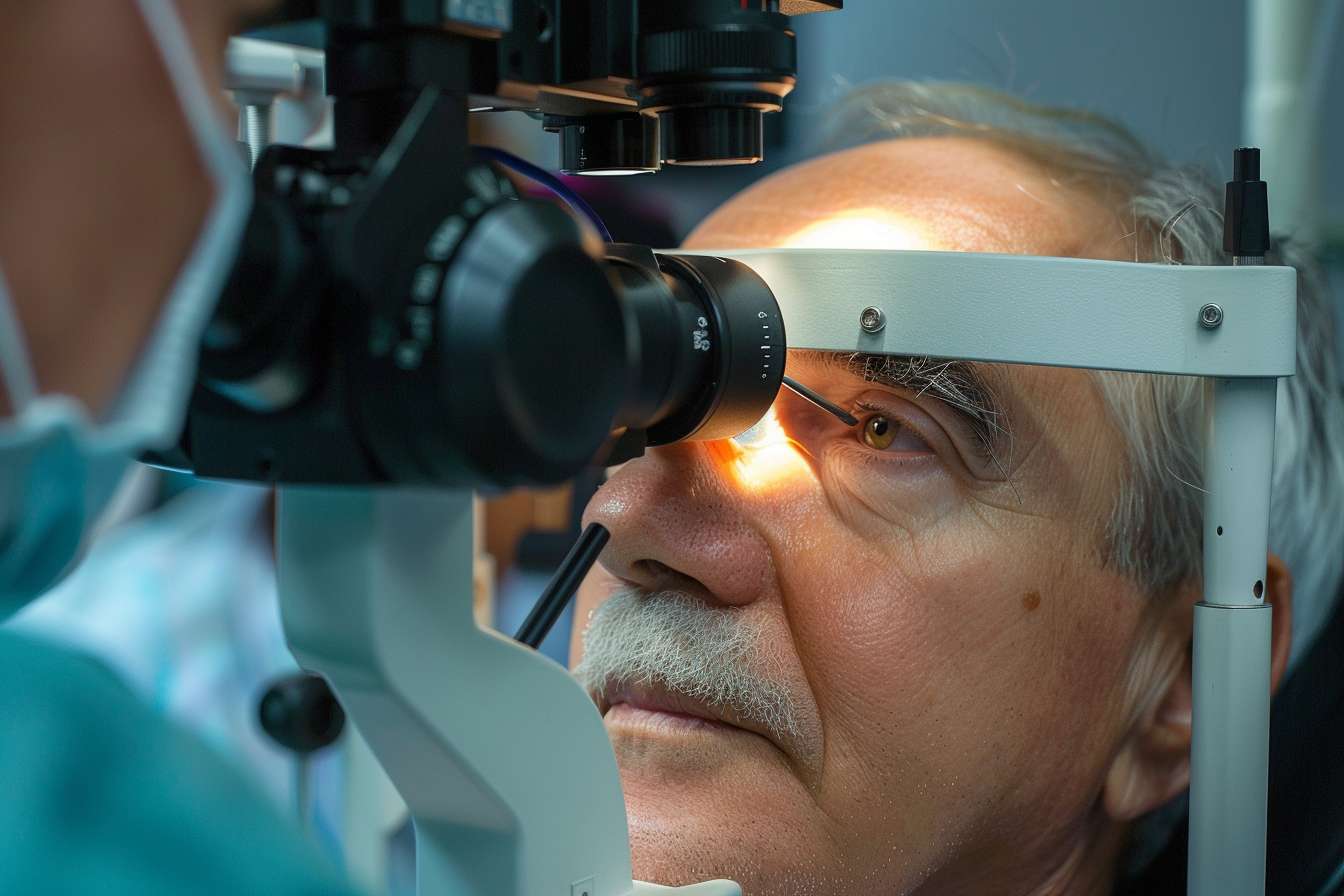Early Signs of Dementia: What to Watch For
Dementia is a condition that causes memory and thinking skills to decline, making everyday activities more challenging. In the United States, about 11% of people aged 65 and older have dementia—that’s around one in nine older adults. The risk rises with age: by 85, almost one-third of people are affected. Dementia is not just a normal part of aging but a serious condition that impacts both the person living with it and their loved ones.

What is dementia, and how does it manifest?
Dementia is an umbrella term for a group of symptoms affecting memory, thinking, and social abilities severely enough to interfere with daily life. It’s not a specific disease but rather a general term that describes a wide range of symptoms associated with a decline in mental function. Dementia manifests through various cognitive and behavioral changes, which can vary depending on the underlying cause and the areas of the brain affected.
What is the difference between dementia and Alzheimer’s disease?
While often used interchangeably, dementia and Alzheimer’s disease are not the same. Dementia is a general term for a decline in mental ability severe enough to interfere with daily life, while Alzheimer’s disease is a specific type of dementia. Alzheimer’s is the most common cause of dementia, accounting for 60-80% of cases. It’s characterized by specific changes in the brain, including the buildup of proteins called plaques and tangles, which lead to the death of brain cells.
What are the early signs and symptoms of dementia?
Recognizing the early signs of dementia is crucial for early diagnosis and intervention. Some common early symptoms include:
-
Memory loss that disrupts daily life
-
Difficulty planning or solving problems
-
Trouble completing familiar tasks
-
Confusion with time or place
-
Problems with visual perception
-
New problems with words in speaking or writing
-
Misplacing things and losing the ability to retrace steps
-
Decreased or poor judgment
-
Withdrawal from work or social activities
-
Changes in mood or behavior
It’s important to note that experiencing one or two of these symptoms doesn’t necessarily mean a person has dementia. However, if multiple symptoms are present and persist, it’s advisable to consult a healthcare professional.
How is dementia diagnosed?
Diagnosing dementia involves a comprehensive evaluation process. There’s no single test that can definitively diagnose dementia. Instead, doctors use a combination of the following:
-
Medical history review
-
Physical examination
-
Cognitive and neurological tests
-
Brain scans (such as CT, MRI, or PET scans)
-
Blood tests to rule out other conditions
The diagnostic process may involve multiple healthcare professionals, including primary care physicians, neurologists, and geriatric specialists. Early diagnosis is crucial as it allows for better management of symptoms and planning for future care needs.
What are the risk factors for developing dementia?
While age is the most significant known risk factor for dementia, it’s not an inevitable part of aging. Other risk factors include:
-
Family history and genetics
-
Cardiovascular health (high blood pressure, high cholesterol, obesity)
-
Diabetes
-
Smoking and excessive alcohol consumption
-
Physical inactivity
-
Poor diet and nutrition
-
Head injuries
-
Social isolation and lack of cognitive stimulation
Understanding these risk factors can help individuals make lifestyle choices that may reduce their risk of developing dementia. Regular exercise, a healthy diet, social engagement, and challenging the mind with new activities can all contribute to better brain health.
What treatment options are available for dementia?
While there is currently no cure for most types of dementia, various treatments can help manage symptoms and improve quality of life. Treatment options include:
-
Medications to manage cognitive symptoms
-
Medications to address behavioral symptoms
-
Non-drug therapies (e.g., cognitive stimulation, reminiscence therapy)
-
Lifestyle modifications (e.g., exercise, diet, social engagement)
-
Supportive care and environment adaptations
| Treatment Approach | Description | Potential Benefits |
|---|---|---|
| Cholinesterase inhibitors | Medications like donepezil, rivastigmine | May improve memory and thinking |
| Memantine | NMDA receptor antagonist | Can help with moderate to severe symptoms |
| Cognitive stimulation therapy | Structured group activities | Enhances cognitive function and social interaction |
| Physical exercise programs | Regular, supervised exercise | Improves physical health and may slow cognitive decline |
| Reminiscence therapy | Discussing past experiences | Enhances mood and cognitive function |
Prices, rates, or cost estimates mentioned in this article are based on the latest available information but may change over time. Independent research is advised before making financial decisions.
In conclusion, understanding the early signs of dementia is crucial for timely diagnosis and intervention. While the prospect of dementia can be daunting, recognizing symptoms early, seeking professional help, and exploring available treatment options can significantly improve the quality of life for those affected and their caregivers. Remember, many of the symptoms associated with dementia can also be caused by other treatable conditions, so it’s essential to consult with healthcare professionals for proper evaluation and guidance.
This article is for informational purposes only and should not be considered medical advice. Please consult a qualified healthcare professional for personalized guidance and treatment.






